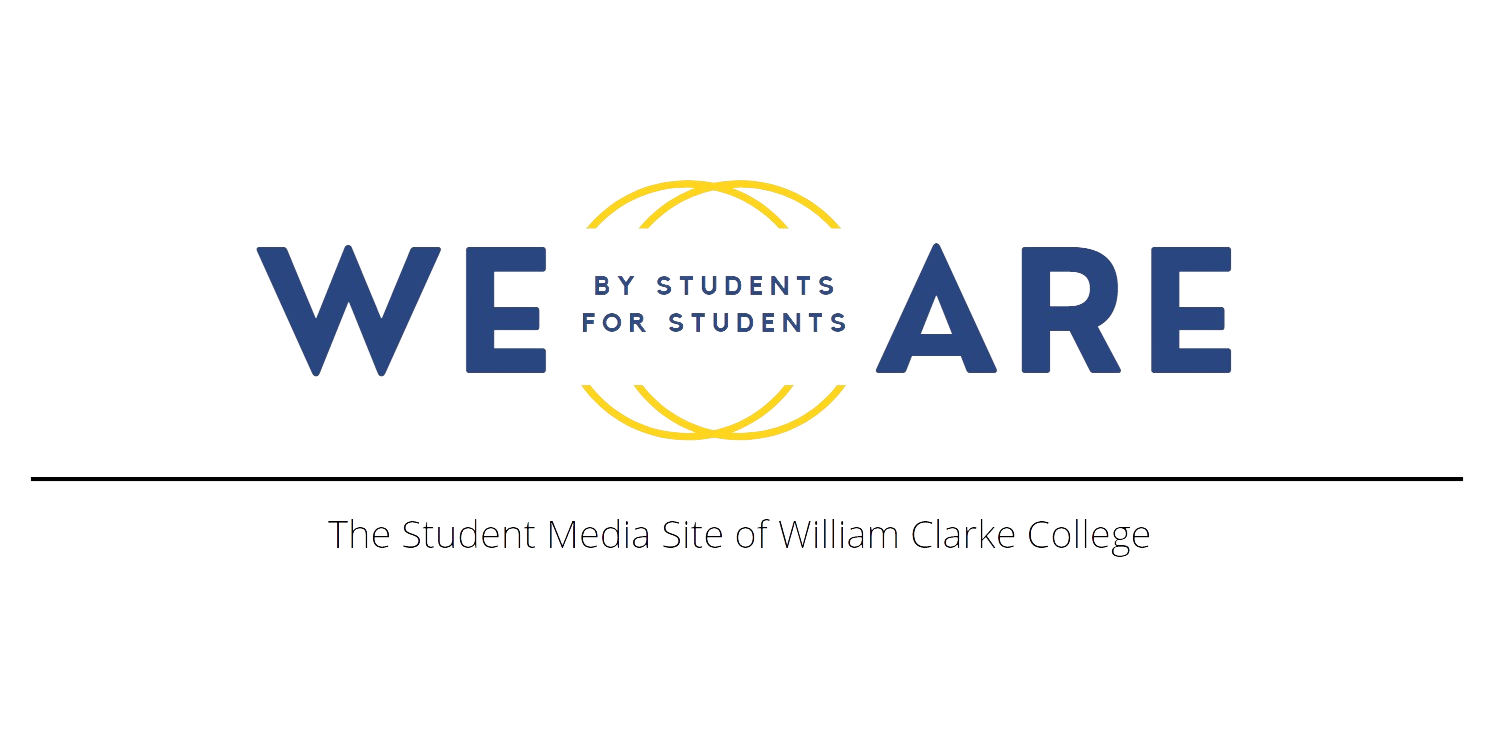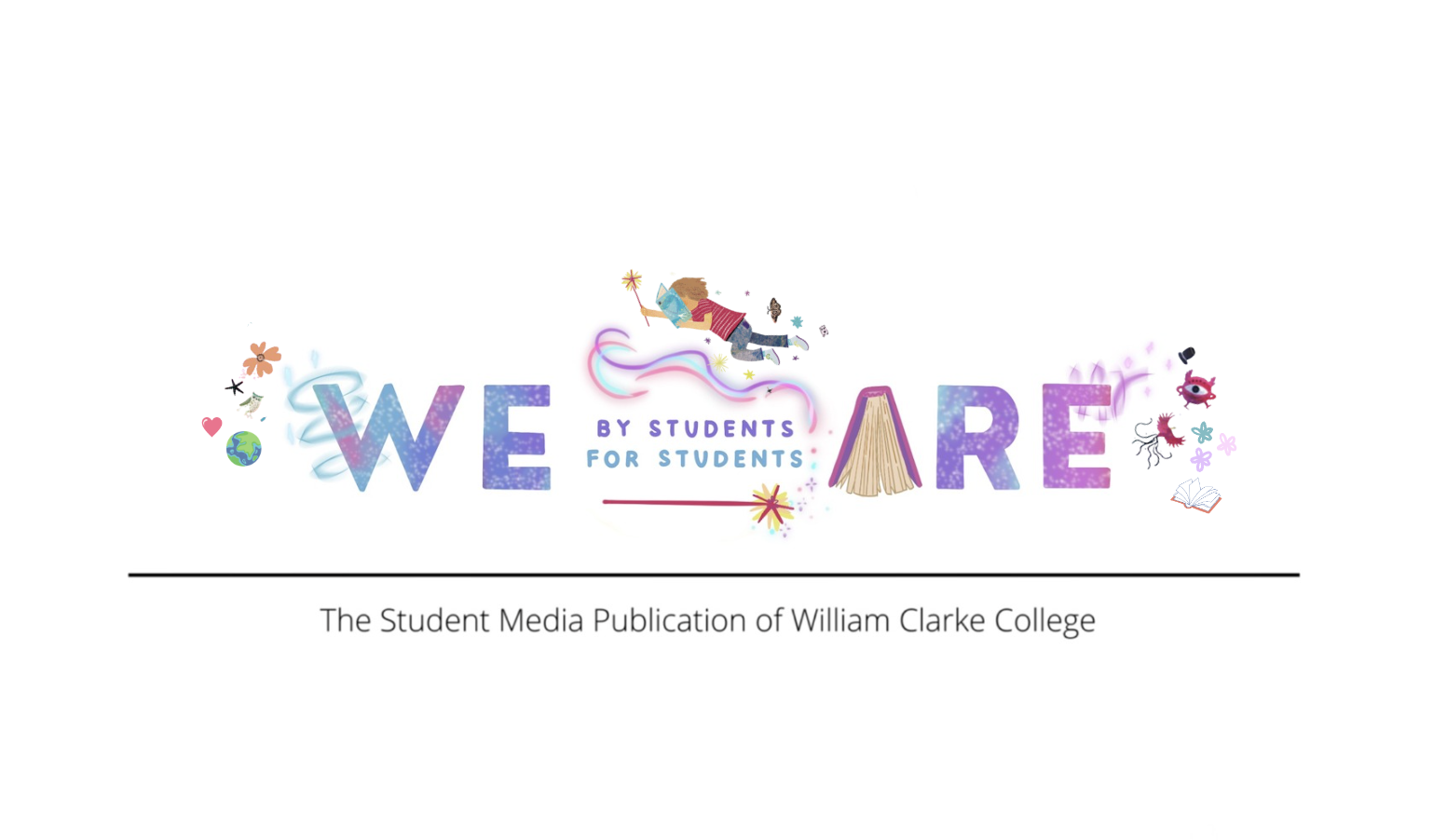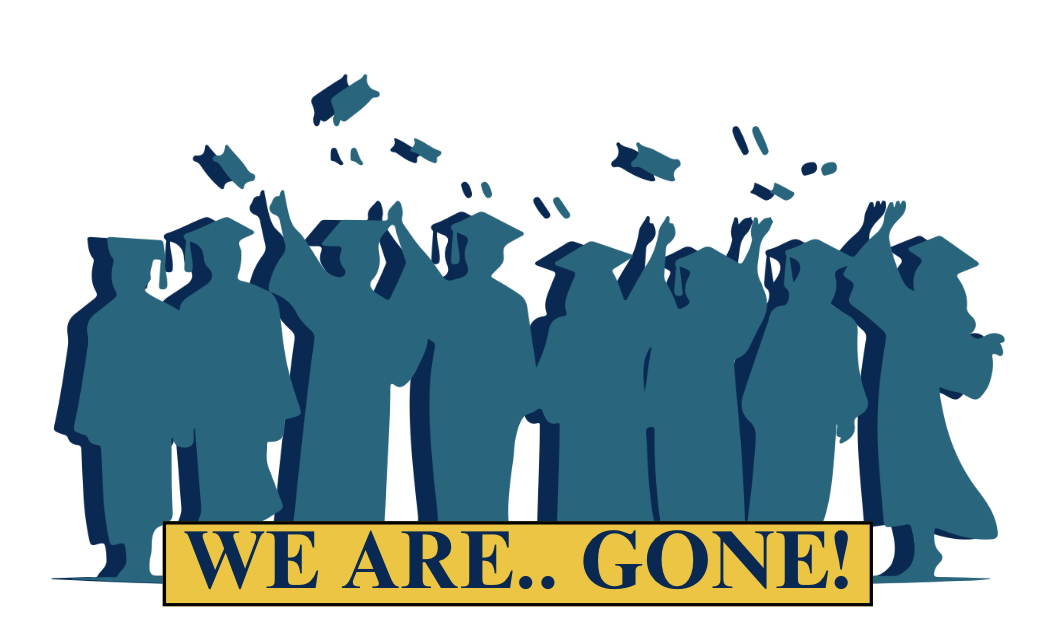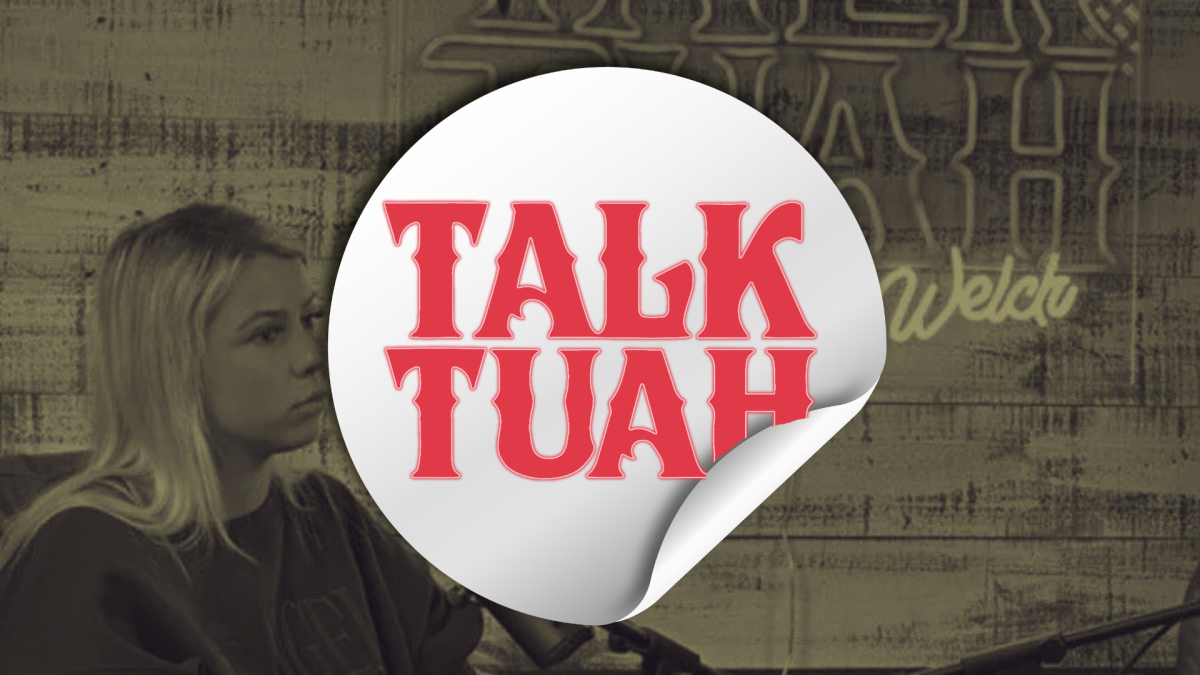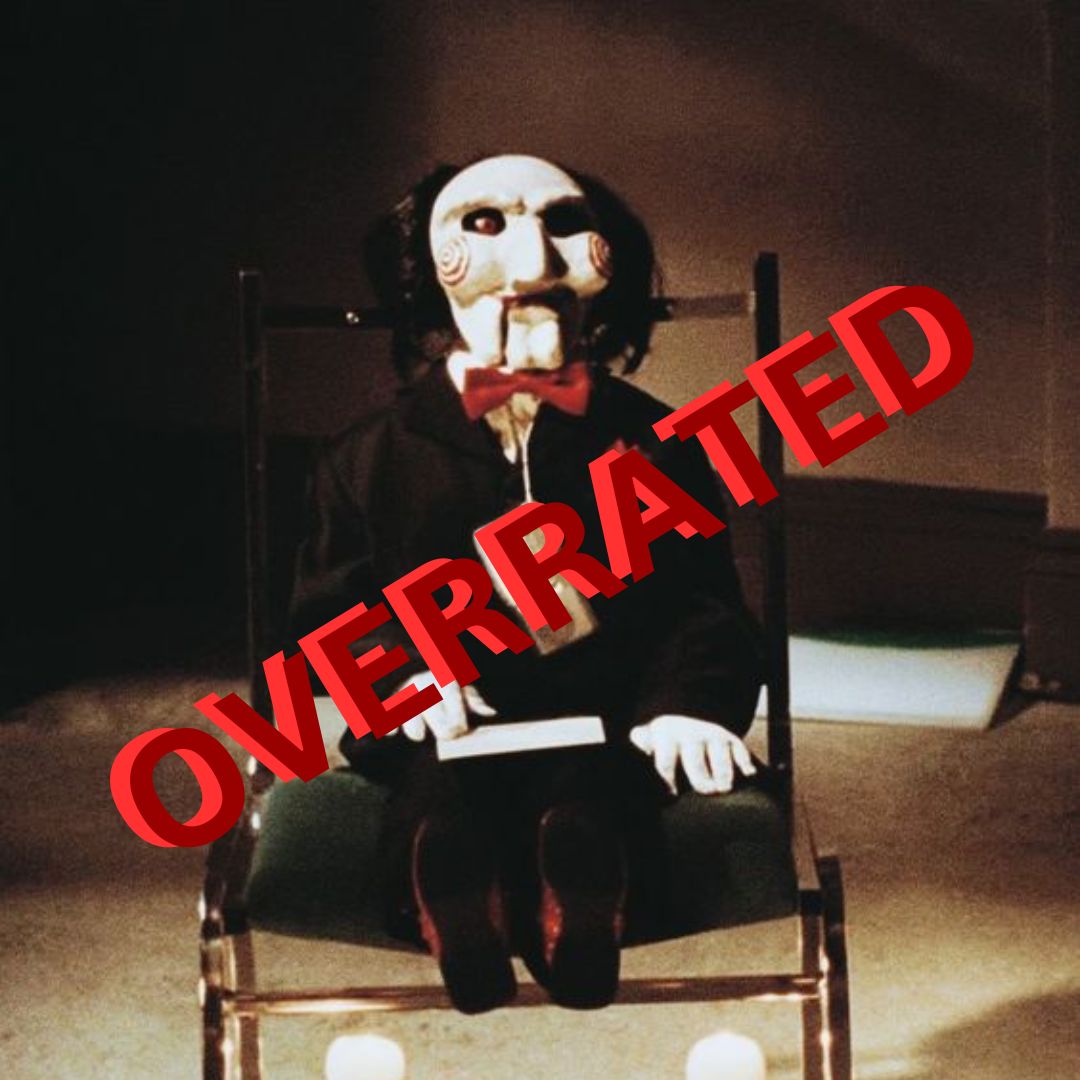Overall, the time I have been in year 11 I have complied a list of academic regrets of not preparing. This is a list of how you can prepare for the HSC to hopefully allow you to cruise through both years. Note: This is for people who want to do extremely well in year 11 and 12.
- Learn to learn.
This is a compulsory task for your year 11 and 12 and that is to get together a learning system together. This will enable you to keep track of content and make content easier to revise for your exams.
Sample study system
First use study notes since it enables you to be able to keep track of all the content you learn within the year, since you can’t remember all of it over an entire year. This will allow you to come back and help you revise for the exams later.
Then when you need to revise, utilise a technique like flashcards or brain blurting. Personally, I rather like mind mapping content. Here are several resources below to get you started.
Mind map:
https://www.youtube.com/watch?v=Grd7K7bJVWg
https://www.youtube.com/watch?v=V8RxHtoLVTk
Brain blurt:
https://www.youtube.com/watch?v=Kagw5g4kRJY
https://www.youtube.com/watch?v=LLHaB767CDk
Note: The study techniques above are only suggested starting points, the principles I recommend learning are retrieval and encoding when it comes to learning.
2. Learn the syllabus and the content for the subjects you choose to take in year 11 and 12.
This is by far the most important in my opinion since it will allow you to get ahead of year 11 and 12 practically enabling you to smash through the content in those two years (provided the syllabus does not change). It is so overpowered that it is illegal for the teachers to start teaching you year 12 content while still in year 11. This is because it gives that student or cohort an advantage against the entire state.
Benefits
In addition to this, it does form the foundation for your university years in what degrees you want to take, so you might be able to study university level content by the time you are in year 11.
EG: For software engineering you can start trying to develop the practical skills by first learning computational thinking and learning python then doing DFDs. Though you need to find out what the syllabus says exactly.
Another thing you may want to do is sharpen a skill to absolute perfection and choose subjects that revolve around that skill, for example; choosing humanities based subjects because you have previously excelled or found an interest in history or geography.
Once again these are only recommendations, and you are advised to use study methods that suit you best!
